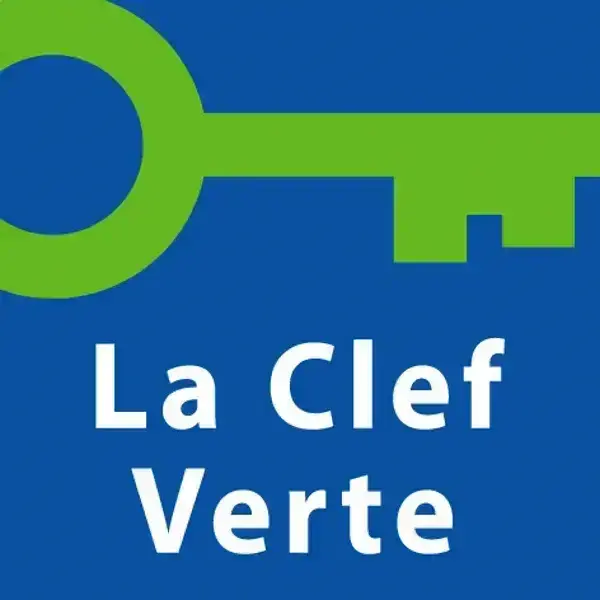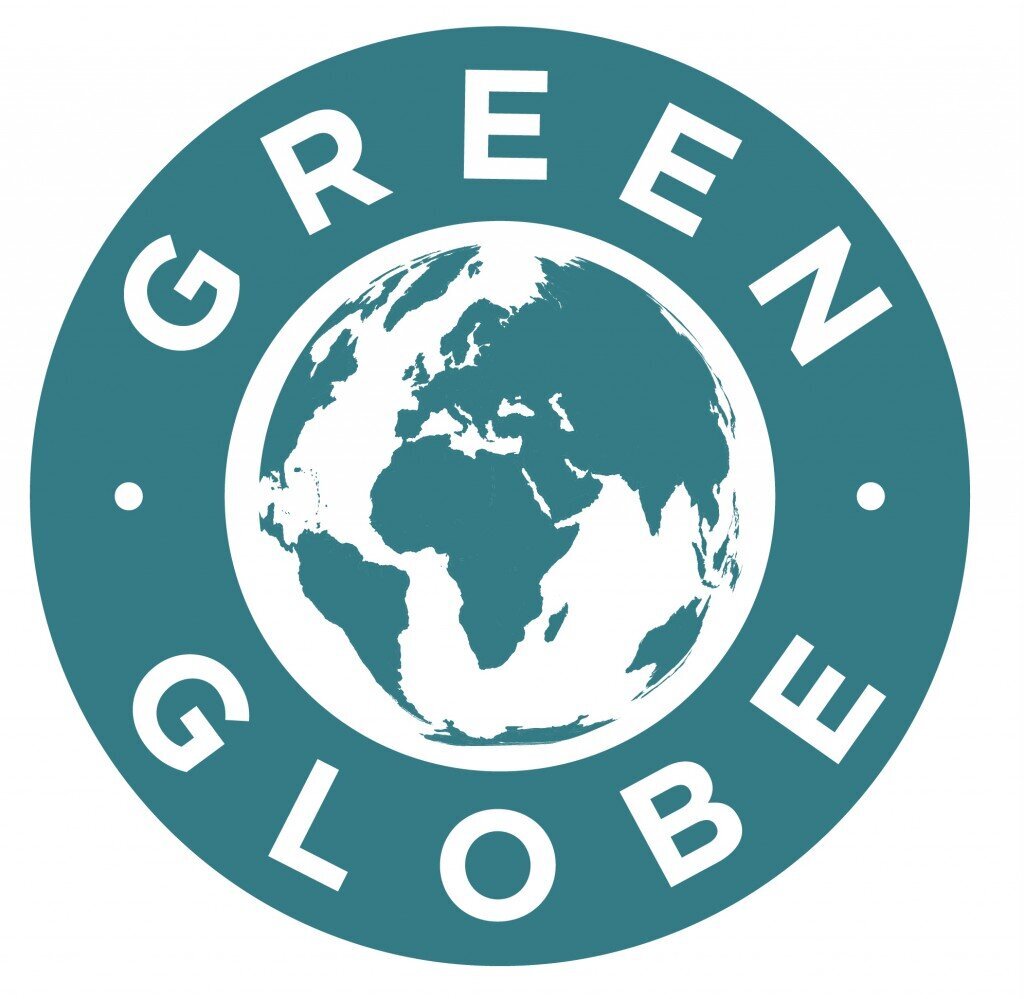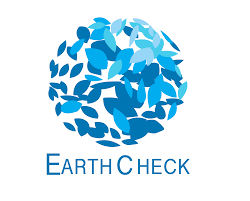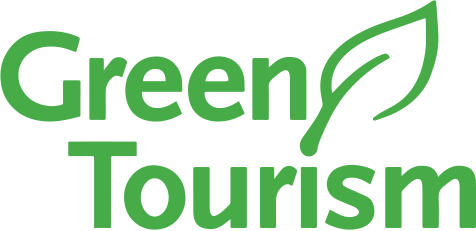The Ecolabel and Green Key: Leaders among international eco-labels
The European Ecolabel
The European Ecolabel, known for consumer goods, also exists for tourist accommodations and campgrounds. More than 450 accommodations and 70 campgrounds are certified in Europe, with the majority in France and Italy. It was established by the certification body AFNOR.
Its particularity: it is the only official common eco-label for all European Union countries.
For ADEME, it's a trusted choice.
The selected criteria ensure travelers a reduction in environmental impacts throughout their stay. This label aims to design and promote products (goods and services such as tourist accommodations) that are environmentally and health-friendly. It encourages the production and consumption of sustainable products, as well as the provision and use of sustainable services.
The European Ecolabel is based on 67 criteria (of which only 22 are mandatory) covering:
- energy,
- water,
- waste,
- cleaning products,
- overall environmental management
You obtain the certification following a field audit, and then the label undergoes independent control every two years. If you wish to carry out a free diagnosis for your establishment before making an application, you can do so here.


The Green Key
The Green Key is the first international eco-label for sustainable tourism for tourist accommodations and restaurants. It includes over 3,200 establishments spread across more than 66 countries (including 714 establishments in France).
The Green Key certifies tourist accommodations (hotels, lodges, bed and breakfasts, campgrounds, holiday villages...) as well as conference centers, recreational parks, and restaurants.
It is based on 60 criteria covering:
- general management,
- water management,
- energy savings,
- environmental waste management,
- ecological maintenance,
- green space planning and maintenance,
- employee involvement in the process,
- and customer information.
The criteria are established internationally by the Foundation for Environmental Education and reviewed every 4 years to take into account technological advancements and environmental issues.
This label includes ecological as well as socio-economic commitments, such as more responsible purchasing or tourism activities. Each country can develop its own reference grids by strengthening certain measures or, conversely, by being less demanding than the international reference grid, but it must systematically have any changes approved by the International Direction of the Green Key label.
If you wish to apply for the Green Key label, you must complete an online application including the criteria grid corresponding to your activity. Then, your application will be validated, followed by an audit visit, monitoring and support by the Green Key team, a jury evaluation, and finally an appeal process. It takes about a year to go through all the steps!
In 2018, 88% of applicants obtained the label. The possibility of carrying out a free self-diagnosis before submitting the application is offered, allowing you to assess your situation in relation to the criteria of the eco-label and to consider a candidacy in the short or long term to meet the requirements of the jury.
Three other trusted international eco-labels


Green Globe - Green Globe certified label
Green Globe is an international label for sustainable tourism and travel products and services that was created in 1993 following the Rio Earth Summit. The label is available for hotels and resorts, cruise ships, as well as attractions, conference and event centers, tour operators, golf courses, spas, restaurants, and suppliers in the tourism industry.
More than 800 establishments in 83 countries are certified worldwide. It is a certification recognized by the World Tourism Organization and the World Travel and Tourism Council (WTTC), which rewards the efforts of companies in the tourism sector in their environmental initiatives.
It is based on 44 criteria divided into 4 areas:
- sustainable management,
- social and economic aspects,
- cultural heritage,
- and environment.
Note: There is a significant difference between holders of the "Green Globe" label and those of the "Green Globe Certified" label. Any organization that applies for entry into the process and pays the fee can display "Green Globe" directly, without having yet adapted its practices. "Green Globe Certified" is the only one that is truly meaningful because it demonstrates that the organization has actually been inspected and meets the criteria.


Earth check
It is an international private certification based on an online solution that allows establishments to track their environmental impact. EarthCheck already has over 1200 organizations in more than 65 countries. It is the most widely used program in the world in the tourism sector. It offers online support for both small and large organizations to help them better manage their activities.
The criteria are based on:
- Implementation of a sustainable development policy
- Water, paper, and energy consumption
- Waste management
- Pesticide use
- Use of cleaning and hygiene products
- Engagement with local communities
An assessment is conducted with areas for improvement identified (such as waste reduction or water consumption reduction, etc.). At the end of this assessment, companies can use the EarthCheck accreditation symbol. This solution offers 4 accreditations: Bronze, Silver, Gold, and Platinum. For Gold, justification of 5 years of continuous accreditation is required, and for Platinum, it is after 10 years.


Green Tourism
Green Tourism encompasses over 2,000 tourism businesses in Great Britain, Ireland, and Canada.It is based on over 140 criteria covering:
- Management and marketing practices
- Social engagement
- Water management
- Waste and energy management
- Transportation
- Promotion of biodiversity
- Purchasing of local or fair trade products
Certified businesses are reassessed every two years. To be accepted, each establishment must demonstrate its concrete actions and continually improve its performance according to these criteria. Test your eligibility for this label in a 10-minute quiz: GreenCheck Quiz


Blue Flag, the international label dedicated to ports and parks
The Blue Flag is an international label created by the Foundation for Environmental Education (FEE) in 1985 and awarded by the association Teragir, like the Green Key. It rewards bathing sites and marinas for their environmental efforts in 45 countries.
Since the creation of the label: 188 municipalities (401 beaches) and 106 marinas are certified in France. A survey by the BVA institute shows that 67% of French people know the Blue Flag and that it could influence 81% of French people in their choice of vacation destination! According to 8 out of 10 French people, the Blue Flag is a guarantee of cleanliness of beaches and water quality. It is a real mark of trust among consumers.
The label is awarded based on four major criteria families:
- environmental education and information;
- environmental management;
- water and environmental quality management;
- safety and services.
The Blue Flag promotes sustainable development of coastal areas and inland waters. Controls are carried out every year during the summer season to ensure constant monitoring of environmental commitments.
It is based on 120 criteria divided into 4 pillars:
- Nature protection;
- Eco-habitat;
- Eco-citizenship;
- Customer awareness of environmental protection.
To qualify for this label, you must:
- Be located on a property with a walking and observation circuit (nature trail) reserved for the use of the lodge's clients;
- Be located in the immediate vicinity of a nature walk and observation site, accessible on foot;
- The owner commits to preserving the natural resources of their property;
- The owner is involved in the ecological management of the lodge.
Unfortunately, the frequency of inspections is low, only every 5 years. To apply and become a Gîte de France, you must fill out this form.
Continuing on, Gîtes de France also develops an approach called Eco-gîte.
It is based on:
- Energy savings and renewable energies;
- Water management;
- Waste management;
- Building integration into its environment and the use of healthy materials.
Downside: Like Panda Gîte, inspections are infrequent, also every 5 years, and therefore may overlook deviations from environmental requirements.
ATR (Acting for Responsible Tourism)
Label created by an association of travel professionals committed to responsible tourism since 2004. In France, the Acting for Responsible Tourism label is controlled by Ecocert. However, it only applies to French tour operators and not to foreign suppliers with whom they work, although several criteria still have an impact on them.
How to choose your eco-label?
Too many labels have emerged in a limited time. It's often complicated to distinguish between them. To make your choice:
- first, look at which scope your establishment corresponds to: global, European, French, port, park?
- don't hesitate to conduct an audit beforehand to assess where you stand in terms of sustainable development and identify areas for improvement to work on. Certifications range from around forty criteria to over 150. You will surely find some aspects to improve.
- take into account the reputation of the label with the general public.
As you have read, some take a long time to obtain, so it is better to anticipate and prepare your application well. The European Ecolabel and the Green Key are the most well-known as trusted labels. But what matters is the process you undertake in seeking to acquire this label.
Similar articles
